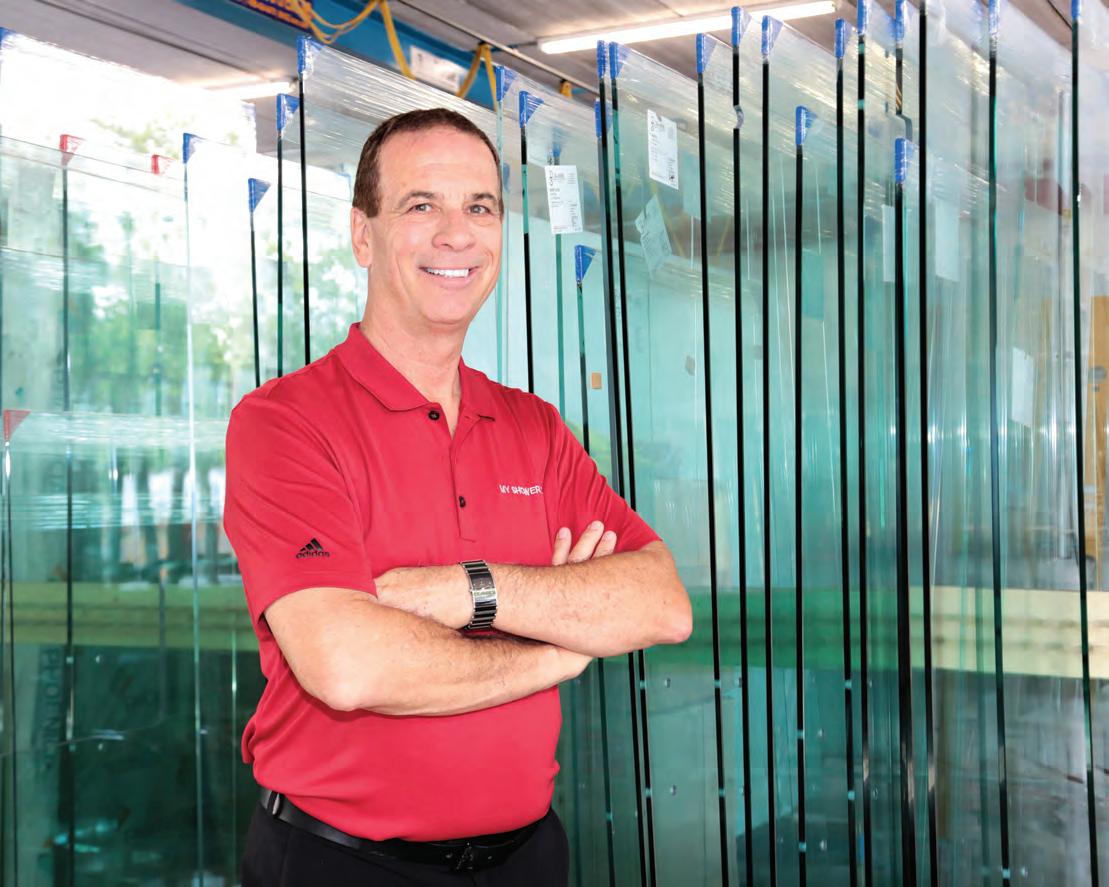APRIL 3, 2020 - APRIL 9, 2020 | BUSINESS OBSERVER
BusinessObserverFL.com
infocus | pandemic response |
11
BY BRIAN HARTZ | TAMPA BAY EDITOR
Employment law makes dramatic shifts
M
ore than a decade has passed since the mass layoffs of the 2008 financial crisis. In that time, unemployment has fallen to record lows in many parts of the country, especially Florida. But with the arrival of the coronav irus pandemic, the good times — for now — have come to an end, and many employers, particularly in the hard-hit tourism and hospitality sector, have let go of large portions of their workforce, have employees who work f rom home or g ra nt t hem paid time off to care for quarantined family members or children whose schools have shuttered in the wake of the outbreak. Alicia Koepke, an employm e nt l a w s p e c i a l i s t a nd shareholder at Trenam Law in Tampa, says employers dealing with coronavirus-related layoffs and time-off requests
need to be aware of new rules a nd reg u lat ions t hat stem from the federal Families First Coronavirus Response Act. It was signed into law March 18, goes into effect April 1 and will remain in place until the end of the calendar year. FFCRA, Koepke explains, expands on the Family and Medical Leave Act, first passed in 1993, which normally applies only to employers with more than 500 employees. “The first part of [FFCR A] is a new set of circumstances in which employers with less than 500 employees have to provide FMLA,” Koepke says. “It’s very important to know that it’s limited to employees who are unable to work, even remotely, because they have to care for a minor child whose school or day care closed relating to the coronavirus.” Of course, most employers, regardless of size, offer some
For more information and resources related to the coronavirus, visit BusinessObserverFL.com.
sort of paid time off policy that governs vacation days, sick days and other leave from work. They are still expected to adhere to such policies, Koepke says, but when offering time off under FFCRA, it gets a bit complicated. According to t he FFCR A, the first 10 days of leave can be unpaid; however, Koepke explains, employees can draw from unused PTO, if they wish, to get paid for some or all of the time off. After 10 days, FFCRA says employees must continue to be compensated at no less than two-thirds of their normal rate of pay, with a cap of $200 per day or an aggregate amount of $10,000. “The FFCR A provides the very first paid sick leave act under federal law,” Koepke says. “Florida doesn’t have a paid sick leave requirement for private employers, but now through the FFCRA, [it does].” Under FFCRA, Koepke adds, full-time employees must be granted up to 80 hours of paid time off. Part-time workers receive an amount of paid sick leave equivalent to the average amount of time they would work during a two-week period. “But an employer cannot require employees to use other paid sick leave that they have before they use the FFCR A
YOUR BUSINESS'S MESSAGE
ss O Dear Busine
If your business needs help navigating this challenge, call 941-366-3468 or advertise@yourobserver.com
HILLSBOROUGH
POLK
PINELLAS
The Florida Department of Economic Opportunity has expanded its reemployment assistance program to cover workers who have lost their jobs as a result of the coronavirus pandemic, who are quarantined at the direction of a medical professional or government agency or whose employment is affected by the need to care for an immediate family member who’s been diagnosed with COVID-19.
Several area law firms have blogs and statements on how to handle new employment laws in the face of the coronavirus pandemic. For Trenam Law’s, go to: bit.ly/2vRUSbi. Sarasota-based Williams Parker’s has a blog at: Blog. WilliamsParker.com/laborand-employment.
Os, wners & CE
need to e know we w l, o tr n o our c r ot just with n is out of ou — h c g u n ti m a o ic s ommun Even when community. h priority: c d ig n h a A rs . e e v m ti c to ur cus be proa t also with o u b , s e e y u’re lo emp t them. If yo is s s a n a c u e now how yo them informed. Tell th k rs e m to s Let your cu business model, keep ur ing to help. changing yo at your company is do wh nd community uccesses a s e th g n li ic chron re er has been and businesses for mo rv e s b O s s e e The Busin s a resourc trepreneurs a n e g a in d rv ri e lo s F of itted to challenges main comm eliver your message. re e W . rs a e ud than 20 y and help yo d e rm fo in to keep you vail. We will pre Godspeed.
has never been more important.
PASCO
UNEMPLOYMENT EXPANDED
response, basically,” Koepke says. “You have things like school closures that are covered, so it really is much more broad than paid sick leave.” If an employer faces the difficult task of laying off employees, such actions must still be carried out in accordance with Worker Adjustment and Retraining Notification Act, a 1988 federal labor law that requires businesses that employ more than 100 people to give workers 60 days’ advance notice of facility closures and/or mass layoffs. Employers also need to comply with FMLA regulations in regard to layoffs, Koepke adds, regardless of whether the FFCRA applies to them. “They will want to be sure that if they do lay off, that they can show that the layoff was not done because someone requested FMLA leave or any other protected legal right,” she says, “but instead it was done as a necessity and in an objective way that shows that they would not have had the right to return to work and would have been laid off regardless of utilizing [FMLA] protection.”
Matt Walsh / Owner Editor / CEO Inc edia Group, Observer M
MANATEE
SARASOTA
CHARLOTTE
LEE
COLLIER 332851-1
It’s been a while since an economic crisis roiled the workforce. Up next: key changes to major employee law legislation.



